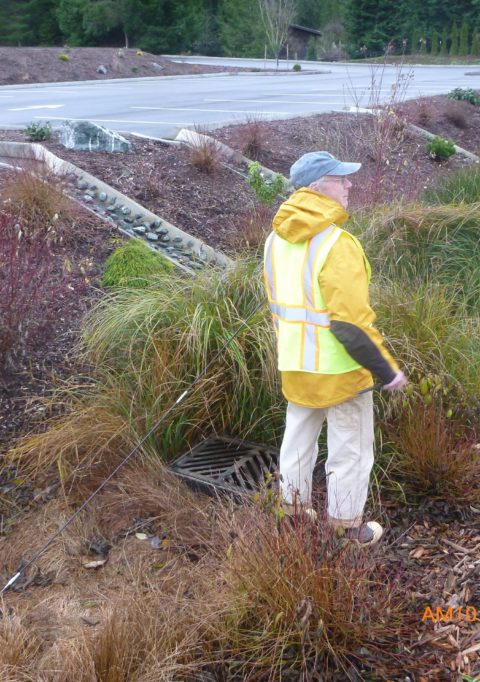Vancouver, Wash. – Maul Foster & Alongi, Inc. (MFA), a leading Pacific Northwest multidisciplinary firm, is excited to announce the acquisition of Peak Sustainability Group, a respected Bellingham, Washington-based firm specializing in climate change and sustainability services. The acquisition of Peak reflects MFA’s ongoing commitment to environmental stewardship and sustainable business practices. This partnership enables MFA…
Bellingham bans Styrofoam two years before Washington law
Bellingham considers taking this environmental step two years before Washington law
Bellingham City Council members will consider a measure to ban Styrofoam and other kinds of single-use plastics to reduce the amount of plastic going into the waste stream as recycling becomes more difficult.
Who does this affect? Bellingham restaurants, grocery stores, lodging, and other businesses will be banned from using single-use plastic in almost all cases beginning on July 31, 2022.
“Styrofoam is not a product that can be recycled in any meaningful way,” Hammill told The Bellingham Herald. Promoting waste reduction is an investment that can give some businesses a sustainability advantage.
Michael Lilliquist, Bellingham Council members said, “We, and we alone in Bellingham, won’t have to wait years and years to start banning Styrofoam. We can do so far sooner. That is the single most important reason why we need to go first and take back the leadership which was ours and will still be ours.”
Council member, Hollie Huthman, also encouraged small business owners to lean on Sustainable Connections for support in switching to compostable and reusable products. Sustainable Connections is a Bellingham organization that works with local businesses to create plans on how to work more sustainably and reduce waste.
Bans on polystyrene food items are in place all over the world: in major cities such as Oakland, San Francisco, and Chicago; in the neighboring states of Maine, New York, and Vermont; and countries such as China, India, and Taiwan. In Canada, a Styrofoam ban will not come into effect until the end of 2021.
It is unknown how long it takes for Styrofoam to fully decompose. Some experts estimate the decomposition of Styrofoam to 500 years, with limited recycling options. This initiative will be a huge step forward for Bellingham.
Washington law will prohibit the sale and distribution of most expanded polystyrene (Styrofoam) products. It exempts packaging for raw, uncooked or butchered meat, fish and poultry, as well as packaging for seafood, vegetables, fruit and egg cartons. It also exempts Styrofoam products used to transport or store biological materials such as medicals items.

















